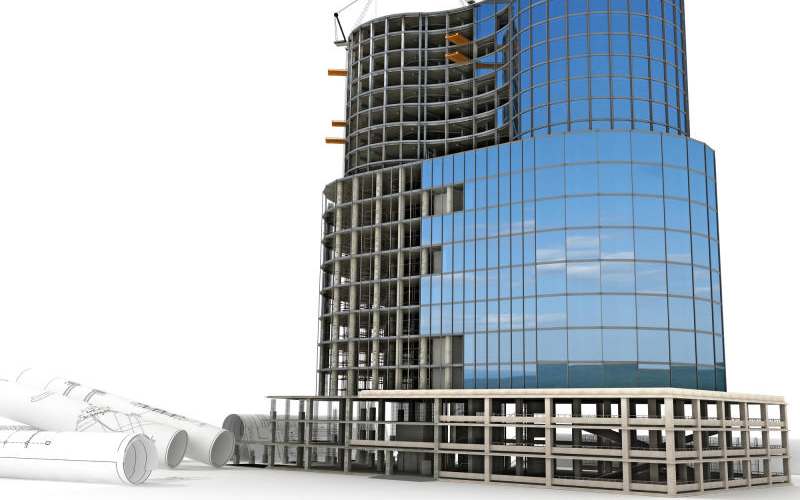×
The Standard e-Paper
Stay Informed, Even Offline

Scale model of a skyscraper Construction.
Kenya’s cement consumption has more than doubled over the last decade, driven by mega infrastructure projects as well as individual homes.